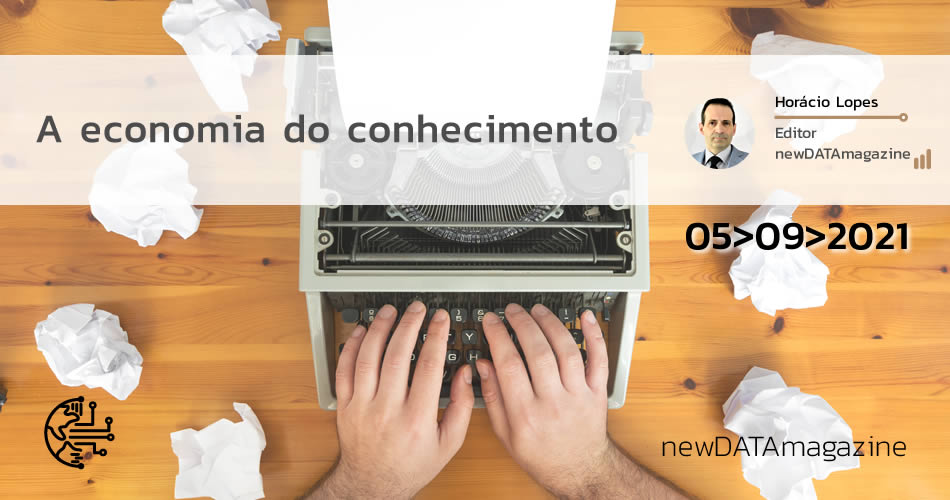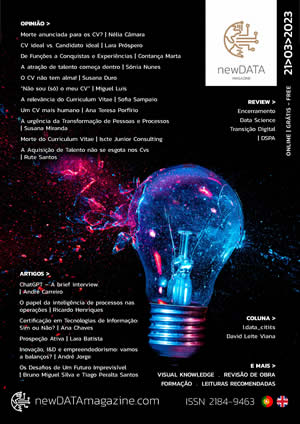A economia do conhecimento
Longe vão os tempos em que a economia se baseava num sistema de trocas diretas; uma galinha valia meio saco de feijões, meio porco valia dois patos, uma panela valia um saco de trigo, e por aí fora. Consubstanciando-se numa prática aparentemente primária, esta é até hoje, de facto, o motor do funcionamento das nossas vidas em sociedade – trocar algo por outro algo.
A invenção do dinheiro simplificou o comércio pela facilidade de atribuição de valor a cada bem e pela agilidade de que a troca se revestiu. Inicialmente, o dinheiro era “feito” de metais preciosos que tinham valor económico/de troca. Mas o dinheiro trouxe outros problemas, até porque hoje existe a possibilidade de o dinheiro que possuímos não ter correspondência física a nenhum tipo de bem com valor económico – teoricamente representa ouro que existe nos cofres dos bancos nacionais – e isto é um grande problema.
Mas o que para uns é um problema do ponto de vista ético, para outros é um processo natural, e o dinheiro representa hoje o centro de todas as economias à escala global. Como dizia Liza Minelli em Cabaret, “Money makes the world go around” - “todos trocam algo por dinheiro”, e muito estarão dispostos a fazer tudo para tê-lo.
Mas existe uma outra economia onde a colaboração e partilha existem e são uma realidade: a Economia do Conhecimento.
Já por volta dos anos 500 antes de Cristo havia quem pensasse que a economia do conhecimento não se baseava nas mesmas regras que a economia “das coisas”, visão retratada na perfeição por Confúcio (552 a.C a 489 a.C), ao dizer: "Se você tem uma laranja e troca com outra pessoa que também tem uma laranja, cada um fica com uma laranja. Mas se você tem uma ideia e troca com outra pessoa que também tem uma ideia, cada um fica com duas." A sabedoria contida nesta frase permite-me realçar a diferença dramática entre a economia “normal” e a economia do conhecimento - a segunda pode crescer exponencialmente e indeterminadamente com os mesmos “custos”, porque existe partilha.
Em 1969, Peter Drucker popularizou o termo no seu livro The Age of Discontinuity, tendo-o atribuído ao economista Austríaco Fritz Machlup, autor de The Production and Distribution of Knowledge in the United States.
Enquanto na economia “normal” é possível trocar “bens que não se possuem por dinheiro que não existe”, prática conhecida como especulação, na economia do conhecimento a partilha é uma realidade e a troca menos interessada. Trata-se de um conceito fascinante, que inicialmente estava muito circunscrito à gestão do conhecimento (do saber-fazer) e do valor económico que isso representava para as empresas, mas que hoje começa a ser implementado a diversos níveis, um pouco por todo o mundo, num espírito de partilha, o que permite avanços exponenciais em diversos campos.
A newDATAmagazine procura dar vida à economia do conhecimento. Cada autor que entrega o seu conhecimento motiva a que outros façam o mesmo, criando um círculo de partilha e entreajuda, e multiplicando as ideias por “muitos”. Esta multiplicação torna-se tão mais eficaz quanto mais alcance a revista tiver e quão mais longe conseguirmos fazer chegar as ideias dos nossos autores, que aqui depositam o seu tempo, em forma de artigos.
O nosso lema, “A partilha de quem sabe para o benefício de quem lê”, retrata o sentimento de partilha e, se Confúcio fosse vivo, hoje, certamente seria convidado a escrever para a nossa newDATAmagazine, porque, no fundo, ambos temos a mesma visão de que o conhecimento deve ser partilhado.
Horácio Lopes | Editor
Knowledge Economy
Gone are the days when the economy was based on a system of direct exchange; a chicken was worth half a sack of beans, half a pig was worth two ducks, a pot was worth a sack of wheat, and so on. Consubstantiated in an apparently primary practice, this is until today, in fact, the engine of our lives in society – exchanging something for something else.
The invention of money simplified commerce due to the ease of attributing value to each good and the agility of exchange. Initially, money was “made” of precious metals that had economic value. But money brought other problems, because today it’s possible that the money we have does not have physical correspondence to any kind of good with economic value – theoretically it represents gold that exists in the coffers of national banks – and this is a big problem.
But what for some is a problem from an ethical point of view, for others is a natural process, and money represents today the center of all economies on a global scale. As Liza Minelli used to say in Cabaret, “Money makes the world go around” - “everyone exchanges something for money”, and many will be willing to do everything to have it.
But there is another economy where collaboration and sharing exist and are a reality: the Knowledge Economy.
As early as the 500s BC, there were those who thought that the knowledge economy was not based on the same rules as the economy of “things”, a view perfectly portrayed by Confucius (552 BC to 489 BC), when he said: "If you have an orange and exchange it with someone else who also has an orange, each one gets an orange. But if you have an idea and exchange it with someone else who also has an idea, each one gets two." The wisdom contained in this sentence allows me to highlight the dramatic difference between the “normal” economy and the knowledge economy – the latter can grow exponentially and indeterminately at the same “costs”, because there is sharing.
In 1969, Peter Drucker popularized the term in his book The Age of Discontinuity, having attributed it to the Austrian economist Fritz Machlup, author of The Production and Distribution of Knowledge in the United States.
While in the “normal” economy it is possible to exchange “goods that are not owned for money that does not exist”, a practice known as speculation, in the knowledge economy sharing is a reality and exchange is less interested. This is a fascinating concept, which initially was very limited to the management of knowledge (know-how) and the economic value that this represented for companies, but which is now beginning to be implemented at different levels, all over the world, in a spirit of sharing, which allows exponential advances in different fields.
newDATAmagazine seeks to bring the knowledge economy to life. Each author who delivers his knowledge motivates others to do the same, creating a circle of sharing and mutual help, and multiplying ideas by “many”. This multiplication becomes all the more efficient the more reach the magazine has and the further we manage to get the ideas of our authors, who deposit their time here, in the form of articles.
Our motto, “The sharing of those who know for the benefit of those who read”, portrays the feeling of sharing and, if Confucius were alive today, he would certainly be invited to write for our newDATAmagazine, because, deep down, we both have the same view that knowledge must be shared.
Horácio Lopes | Editor



